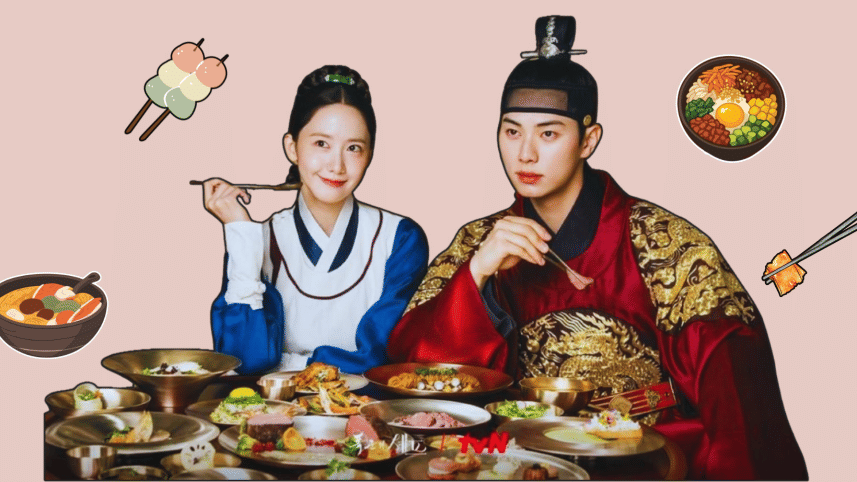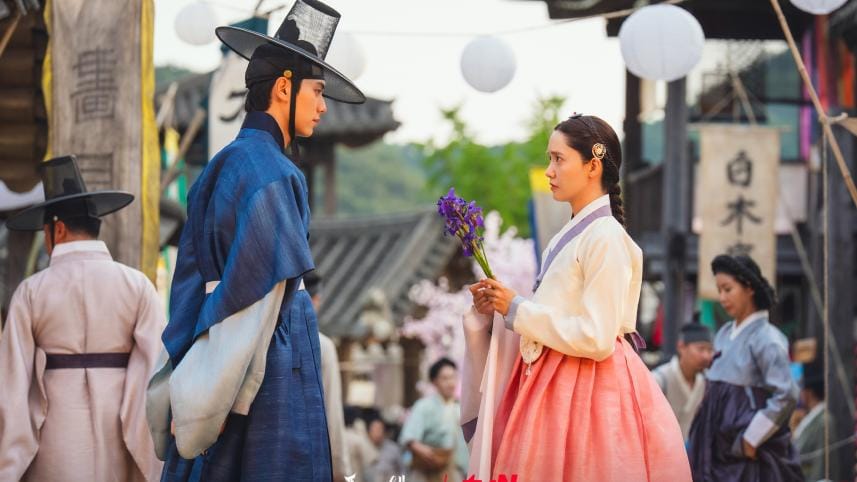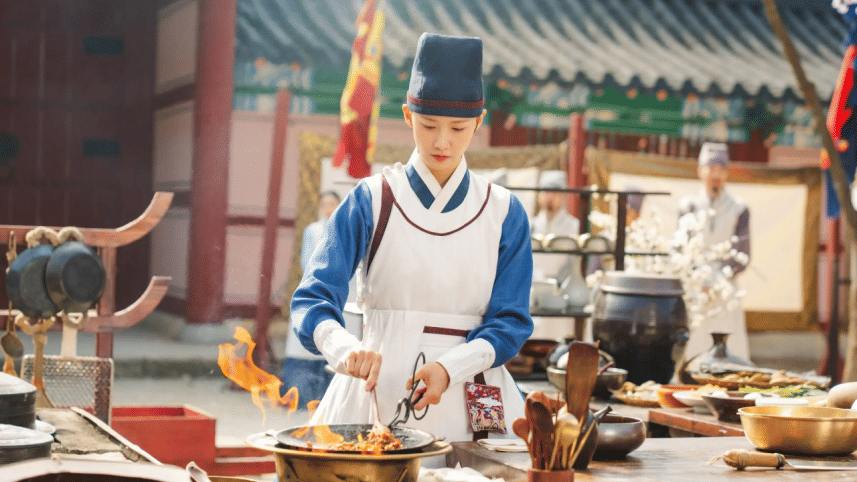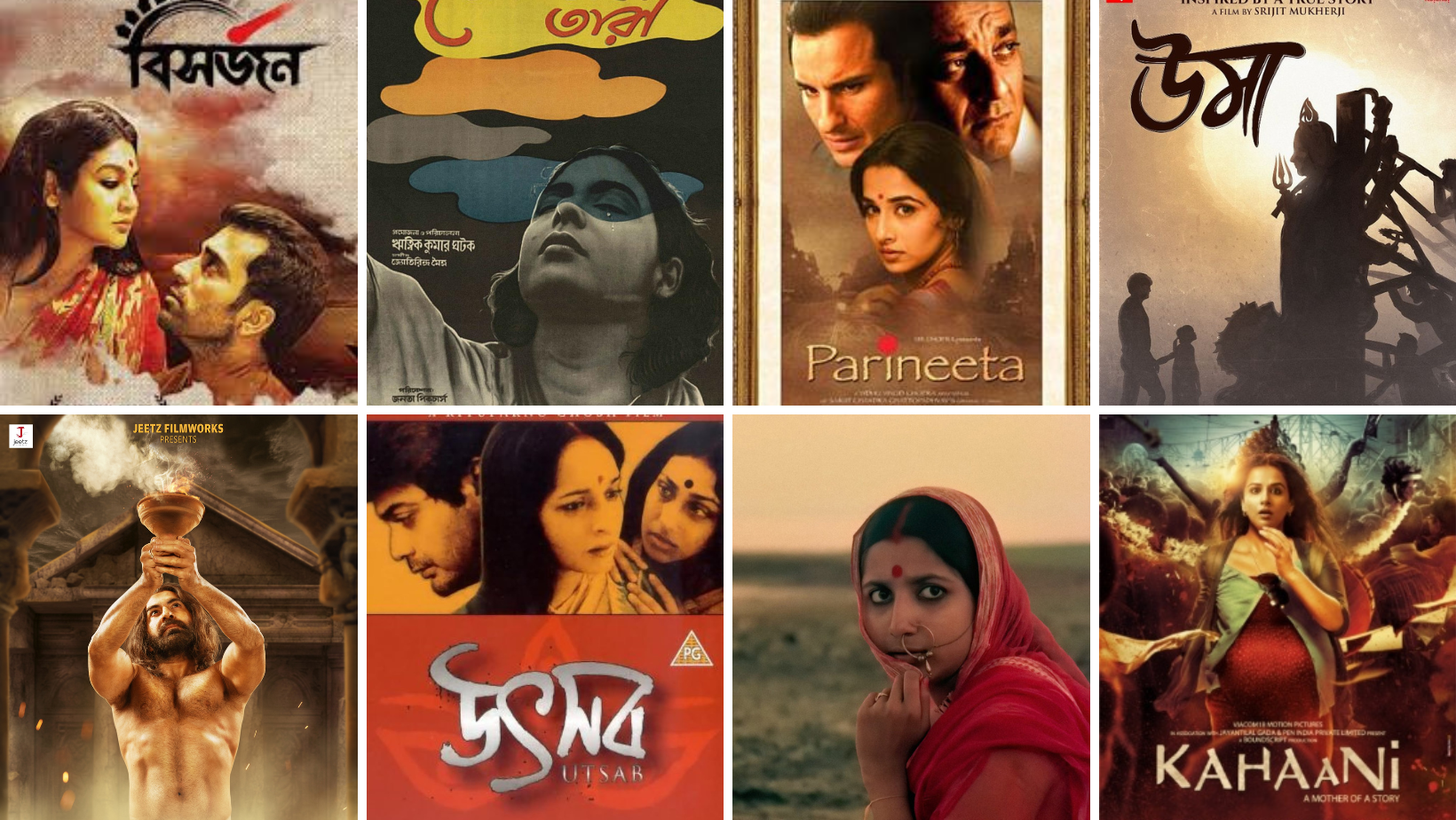A royal feast across time: Korean drama redefines historical romance

In an era where streaming platforms overflow with derivative content, "Bon Appétit, Your Majesty" emerges as a remarkable anomaly. It carries a special magic that sets it apart from typical television drama. The beautiful palace kitchens, the sounds of cooking mixed with traditional court music, and the sheer pleasure of watching exquisite dishes being created offer viewers something rare and captivating. When food and history come together on screen, they become more than just background elements—they become powerful tools for storytelling. The series reveals as much about Korean cultural heritage as it does about love, loss, and the human need to connect across impossible barriers. Over its twelve episodes, what begins as romantic comedy gradually transforms into something deeper, reflecting how modern storytelling can honor tradition while pushing boundaries.
In most historical Korean dramas, royal food appears simply as decoration, a way to make period settings feel authentic. "Bon Appétit, Your Majesty" does something different. It makes cooking the central to the story itself. The opening episode introduces Gochujang Butter Bibimbap, and this single dish tells us everything we need to know. Ji-yeong, trained in modern French techniques, meets the rigid, centuries-old traditions of Joseon court cooking. The clash is immediate and meaningful. Food becomes the language through which two different worlds try to understand each other. The Butter Bibimbap—neither purely Korean nor entirely French—represents the heart of the series, which is how we respect the past while welcoming new ideas.
What makes this series stand out from other time-travel romances is how it uses Ji-yeong's displacement not as a problem to solve but as a way to examine deeper questions. When she arrives in the Joseon Dynasty, she brings knowledge from the future. But rather than simply imposing modern methods, she learns to appreciate traditional techniques. When she introduces Sous Vide cooking to prepare royal dishes, she is not replacing tradition but revealing something important: all cooking is a kind of time travel. Every recipe carries forward the discoveries and accidents of countless cooks before us.

Each episode functions as a course in an elaborate meal. The early episodes offer romantic comedy, the slow warming between Ji-yeong and King Yi Heon. Their chemistry develops naturally, whether they are arguing about proper cooking methods or sharing quiet moments over a simmering pot. But as the series progresses, it introduces more complex flavors. Political intrigue enters the picture. Court officials, threatened by Ji-yeong's presence and innovations, begin plotting against her. What seemed like a light romantic story reveals darker depths. The character of Kang Mok-ju, consumed by jealousy, represents more than a simple villain. Her plots against Ji-yeong expose how difficult it is to introduce change in societies bound by rigid tradition.
The series also engages seriously with the history of the Joseon Dynasty. The palace intrigue, the careful navigation of court hierarchies, the revolutionary tensions simmering beneath surface order—these are not mere backdrops but essential elements of the story. By the middle episodes, viewers understand that Ji-yeong's challenges are not just personal but political. Her very presence disrupts established power structures. A woman with knowledge and skills that surpass those of male court officials threatens the entire social order.
Each episode's featured dish serves multiple narrative purposes. "Black Sesame Macaron" in Course Six represents her determination to win a cooking contest that will secure her promised freedom. "Dongnae Pajeon on a Rainy Day" in Course Seven shows her quest for a unique cooking pot, but also her growing understanding of traditional Korean techniques. The dishes are never just food—they are extensions of character development and thematic exploration.
The revelation about the "Mangunrok" cookbook changes everything. This ancient book, which transported Ji-yeong through time, carries secrets that connect to Yi Heon's past and his mother's tragic fate. The series asks difficult questions about destiny and free will. Can we change the past? Should we? What responsibilities come with knowledge of the future? These philosophical concerns emerge naturally from the story rather than feeling imposed.
The final episode deserves particular attention for its emotional courage. The ending balances hope with sorrow, recognising that fulfilment sometimes means accepting what cannot be changed. This refusal of simple happy endings marks the series as something more ambitious than typical romantic fare.

From a cultural perspective, "Bon Appétit, Your Majesty" performs important work. It introduces international audiences to Korean royal culinary traditions. The cinematography transforms food preparation into visual poetry. Also, the costume design balances historical accuracy with visual appeal, helping modern viewers connect with characters from centuries past.
The series has achieved remarkable global success, topping Netflix charts in numerous countries within weeks of release. "Bon Appétit, Your Majesty" offers romance without sacrificing historical depth, comedy without undermining serious themes, and cultural education. What ultimately elevates "Bon Appétit, Your Majesty" above similar offerings is that its thematic richness. It is simultaneously a story about cultural exchange, the weight of tradition, the possibilities of innovation and the transformative power of love. The use of food as metaphor works because food itself operates on multiple levels. When Ji-yeong prepares "Rice Wine Beef Bourguignon" or "Pressure-Cooked Ogyetang," she is not just cooking but negotiating her place in a foreign time, demonstrating her worth, expressing care for Yi Heon, and bridging cultural divides. Each dish becomes a form of communication more eloquent than words.
The final immersion of the "Mangunrok" cookbook—its secrets revealed, its purpose fulfilled—mirrors traditional Korean rituals of release and letting go. The last page of the book says, "the day cook Ji-yeong made Gochojang Bibinbap, the day she prepared Ottokhaji (haute cuisine), the day she made Doenjang Pasta, I knew she did not come from Joseon. I made a promise to her that I would personally make her Bibinbap every morning. I supposed if I did that, she would forget about her wish to go back to where she came from." It reflects how food turns out to be a language of love between Ji-yeong and King Yi Heon. "Bon Appétit, Your Majesty" offers twelve carefully crafted episodes and then releases viewers back to their own time, enriched by the journey. Korean royal cuisine and Joseon Dynasty politics have captivated viewers worldwide presented with intelligence, care, and genuine passion.
The series invites viewers to a feast where every course has been prepared with attention and artistry, where nothing is wasted and everything contributes to the overall experience. It leaves you satisfied but also reflective, entertained with a lasting appreciation for the ways food, history, and human connection intertwine across time.




 For all latest news, follow The Daily Star's Google News channel.
For all latest news, follow The Daily Star's Google News channel. 
Comments